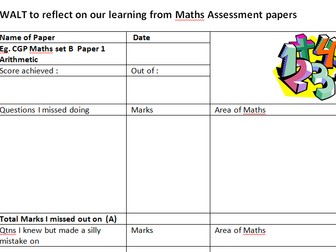Blue lined paper _ also great for a dyslexic student's handwriting
Having tried out different coloured papers for my dyslexic student to help him improve his handwriting, I found the handwriting improved markedly when I underlined lined paper in thick blue lines.
So I made a new exercise book for his writing with this white writing paper with thick blue lines already drawn but thicker than commercial exercise books.
This is proving really helpful to him.
This writing paper is useful as a line guide under plain paper for all students too.
writing paper
handwriting paper
dyslexia
dyslexic
writing
